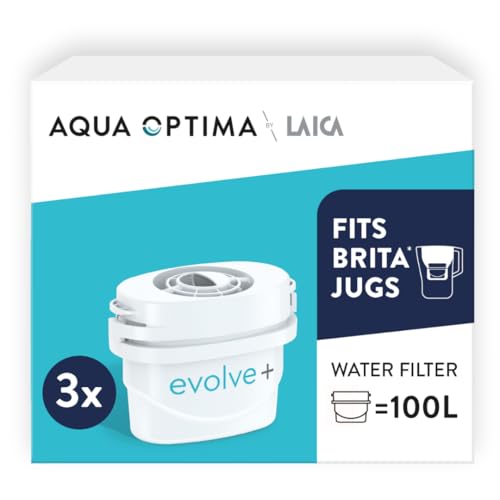Understanding Water Filters: What They Are and How They Work
What Is a Water Filter?
A water filter is a device designed to remove impurities from drinking water. It works by using physical barriers, chemical processes, or biological means to cleanse and purify the water we consume. Imagine being able to fill up your glass from the tap knowing that the water is free from harmful contaminants—that’s the essence of a water filter.
How Do They Work?
Water filters operate through various methods depending on their design. Some filters use activated carbon to trap pollutants while others may employ reverse osmosis, which pushes water through a fine membrane to eliminate toxins. Think of it as a superhero for your water, fighting off bacteria, heavy metals, and chemicals to ensure that every drop is as clean and safe as possible.
Types of Water Filters: Choosing the Right Fit for Your Needs
Different Types of Filters Explained
There is a broad range of water filters available, each with its unique strengths. For example, pitcher filters are convenient and easy to use, making them perfect for everyday households. If you’re concerned about your home’s plumbing, a faucet-mounted filter can do the trick without requiring complex installations. If you want something more comprehensive, under-sink models can tackle larger volumes while filtering out a wide range of contaminants.
Assessing Your Water Quality Needs
Before choosing a filter, assess the water quality in your area. Do you know if your tap water has high chlorine levels or sediment? If so, a carbon filter may suffice. For those needing to remove more serious contaminants like lead or nitrates, a reverse osmosis system could be the better option. Understanding your specific needs will help guide you to the right choice.
Key Features to Consider: What Makes a Good Water Filter?
Filtration Capacity
A filter’s capacity is crucial in determining how often it needs replacing. Higher capacity means less frequent changes, which is more convenient for you. Ensure you choose a filter that fits your household’s usage; family size and consumption levels should guide your selection.
Filter Life Span and Replacement Costs
Every filter comes with a life span, indicated by the manufacturer. Some may last for just a few months, while others could last over a year. We recommend considering not just the initial purchase price, but also the ongoing cost of replacements. A more affordable filter upfront may turn out costly over time if it requires frequent replacements.
Ease of Installation
Look for filters that boast straightforward installation processes. Many options require minimal tools, while others may need professional help. Opt for a user-friendly filter to save both time and hassle after purchase.
Flow Rate Considerations
Flow rate refers to how quickly the filtered water is dispensed. If you’re often filling large containers, a filter with a high flow rate is essential. Knowing your typical usage can steer you towards a model that meets your demands.
Installation and Maintenance: Simple Steps to Keep Your Filter Running Smoothly
Installation Step-by-Step
Installing your water filter is often a straightforward process. Most faucet-mounted filters attach to your tap easily without tools; simply screw it on, and you’re good to go. For under-sink models, following the provided guide typically allows for a seamless fit into your plumbing system.
Regular Maintenance Tips
To keep your water filter working at optimal levels, regular maintenance is key. This includes timely replacement of filter cartridges as indicated by the manufacturer. Many systems will also benefit from a quick clean of the exterior and ensuring water connections are secure to avoid leaks.
Top Recommendations: Our Favourite Water Filters for Every Household
Pitcher Filter Recommendations
For those looking for convenience, we recommend the Brita pitcher filter. This affordable model is simple to use and effectively reduces chlorine and sediment, making it a favourite for homes. It’s perfect for small family units or individuals.
Faucet-Mounted Filter Suggestions
If you want something straightforward yet effective, we suggest the PUR faucet mount filter. It’s easy to install, and filters lead and other common contaminants while easily switching between filtered and unfiltered water.
Understanding Under-Sink Systems
For a family that uses significant amounts of water, the Apec RO-ES-5 is a top pick. This under-sink reverse osmosis system provides advanced filtration with longevity and plenty of flow capacity, making it ideal for larger households.















